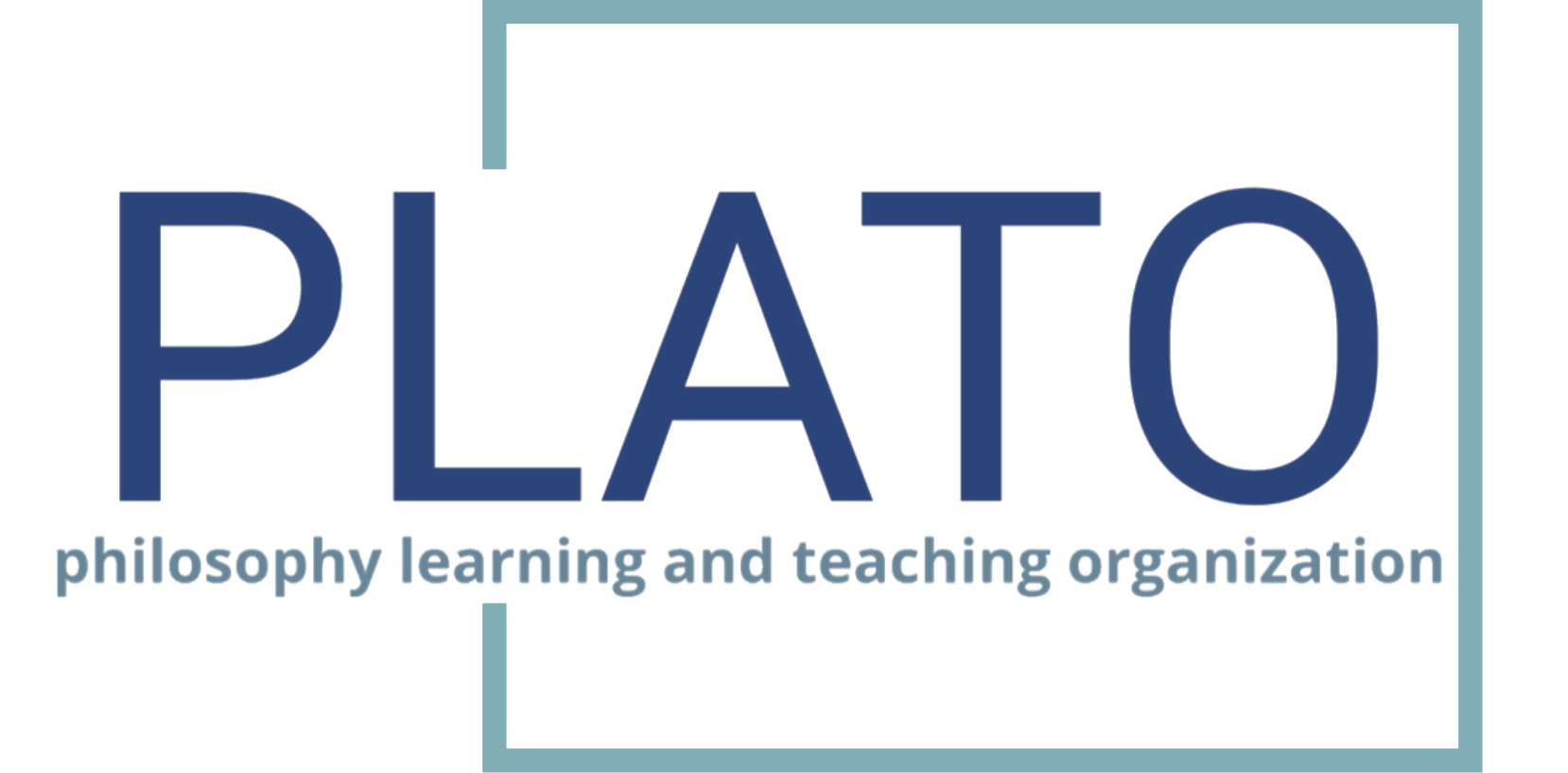Difference: A Philosophy Game
Lesson Plan
What is Difference?
Difference is an easy-to-learn, fast-to-play, negotiation game that is designed to promote philosophical discussion about inequity both inside and outside of the game.
Set-up
Divide the class into groups of exactly 3 students each. Each group consists of a green, purple, and yellow player. Each group is given player cards at random (1 green, 1 purple, 1 yellow), a pool that begins with 9 stones (in the middle of the play area), and s supply area that starts with 21 stones.
See PDF above for print and play materials.
Turns
Players take turns choosing one of the following actions: Taking stones from the pool, adding new stones to the pool, or doing something special (giving stones to yellow player, or trashing all the stones in the pool). See the action chart below.
End
The game lasts for exactly 7 rounds of play. Facilitator or players will need to keep count of each round.
Winning
Difference is a tournament style game where you are trying to outperform the players at other tables who are playing your same position (player color). There will be three winners (or more if ties) at the end – 1 green winner, 1 purple winner, and 1 yellow winner. To determine the green winner all the green players count up their stones and whoever has the most wins! Same for purple and for yellow.
Debrief Questions
-
- What was it like for you to play this game?
- Is there a right thing to do in this game?
- Is this a fair game?
- How did you decide whether or not to help your group?
- Would you play this game differently next time?
- How is this game like life?
Mods: A way to enhance Difference
What is Modding?
Modding is a way to layer on additional dynamics to the gameplay experince of Difference.
Table 2 displays a series of 9 table conditions. If added to the game, these table conditions allow players to game bonus stones at the end of the game if the table condition is met.
These conditions give players a bonus goal to talk about during the game, they give the facilitator a discussion point afterward: What do the bonuses represent in life? Did they change how you played?
Basic Mod
Announce at the beginning of the game a Table Condition that is common to each group.
We recommend starting new players with the very first table condition – it is nice, simple and positive.
Societal Variation
Write down each Table Condition and randomly pass out one to each group.
Voting
This mod addes voting mechanic. Before the game begins, but after players have been assigned their colors, players in a group simultaneously vote on 3 of the 9 table conditions. Any conditions that get 2 or more votes (majority rule) become table conditions that yield bonus stones at the end of the game. Players are encouraged to discuss before voting, and should be given a reference sheet of Table 2.
Veil of Ignorance
Same as the above mod except the voting happens before players are assigned their player colors
Debrief prompt: Do players’ voting strategies change if they do not know what place in society they will assume after the vote?
Enjoy these mods and feel free to design some of your own!
This work is licensed under CC BY-NC-ND 4.0
If you would like to change or adapt any of PLATO's work for public use, please feel free to contact us for permission at info@plato-philosophy.org.






Connect With Us!